| |
| |
| |
| Presented By Blue Cross Blue Shield Association |
| |
| Axios Vitals |
| By Tina Reed ·Jun 15, 2021 |
| Good morning. Today's newsletter is 1,024 words, or a 4-minute read. Situational awareness: Stephen Hahn, the former FDA commissioner under the Trump administration, is becoming the chief medical officer at Flagship Pioneering, the VC firm that launched Moderna, the Washington Post reported. |
| |
| |
| 1 big thing: Executive pay soars during pandemic |
 |
|
| Illustration: Aïda Amer/Axios |
| |
| The CEOs of 178 health care companies collectively made $3.2 billion during the coronavirus pandemic, which was 31% more than 2019, according to an Axios analysis of financial filings. The big picture: Health care executives took home more than ever because a vast majority of their pay still comes in the form of stock, Axios' Bob Herman reports. - While the coronavirus ravaged people's lives, the health care system and the broader economy, the soaring stock market immunized executives' pay.
The highest-paid health care CEO in 2020 was Joe Kiani of Masimo, a large medical device company best known for its products that measure oxygen saturation and other vitals. - Kiani earned more than $210 million last year — the highest amount of any health care CEO in the past three years we've studied, and an amount equal to 88% of Masimo's net profit in 2020.
- Two other executives surpassed the $100 million pay mark last year: Leonard Schleifer of Regeneron Pharmaceuticals, which made a COVID-19 treatment, and Paul Kusserow of Amedisys, a home health and hospice company.
- The CEOs of the six health insurance conglomerates (Anthem, Centene, Cigna, CVS Health, Humana and UnitedHealth Group) made a combined $236 million in 2020, 45% more than in 2019.
Worth noting: Like other years, several health care companies were acquired in 2020. The CEOs of those companies were not included in the analysis, but still had large paydays. Share this story. |
    |
| |
| |
| 2. It pays to bankrupt a drug manufacturer |
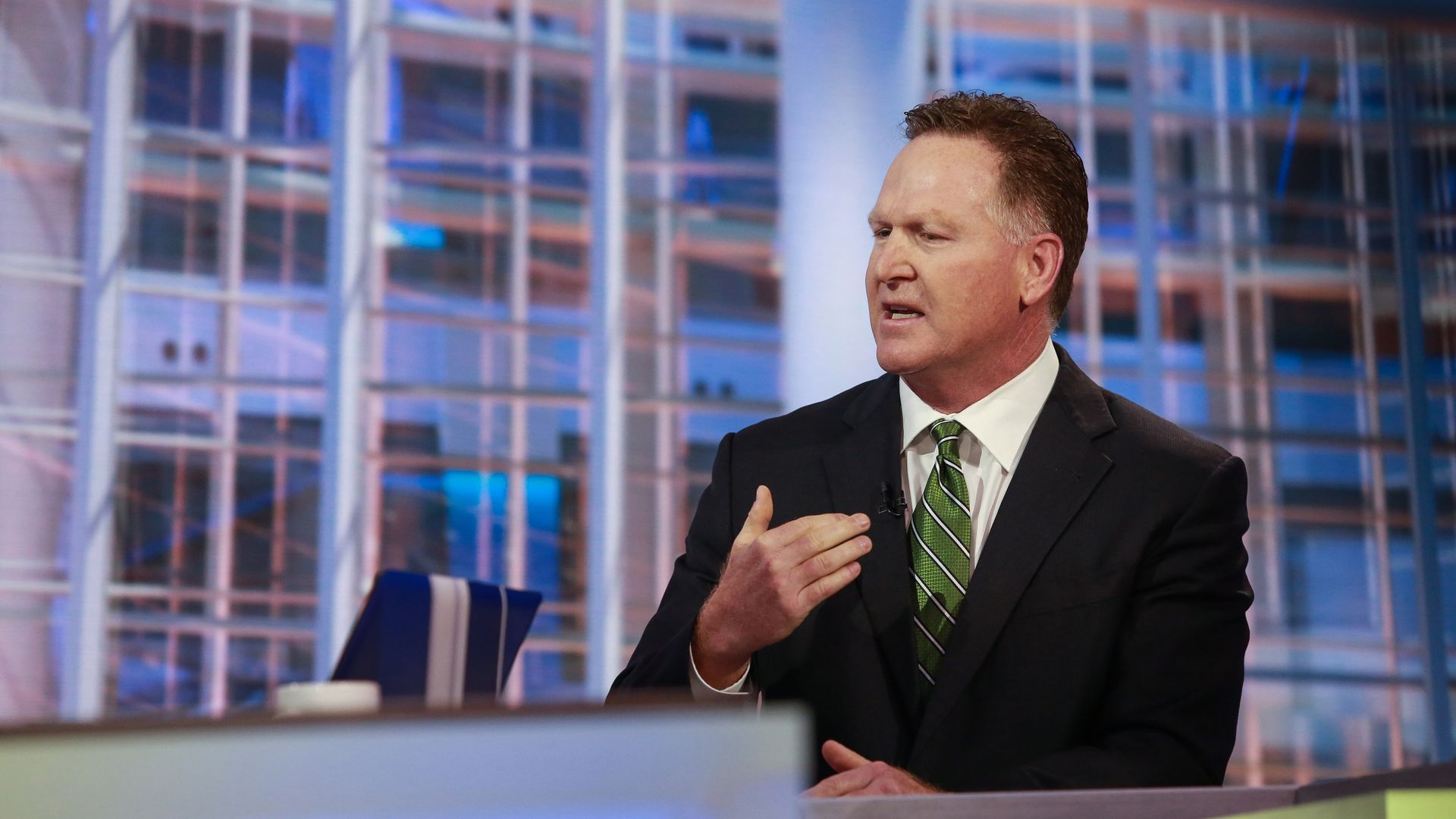 |
|
| Mallinckrodt CEO Mark Trudeau. Photo: Chris Goodney/Bloomberg via Getty Images |
| |
| Last year, drug company Mallinckrodt paid its top five executives nearly $33 million, including $15 million to CEO Mark Trudeau, Bob writes. Why it matters: Last year, Mallinckrodt filed for bankruptcy, faced numerous opioid lawsuits, and shelled out $640 million in underpaid rebates to the federal government. Between the lines: Mallinckrodt has been full of controversy for several years — under the watch of executives receiving these lavish pay packages. - In 2014, Trudeau led the company's $6.5 billion acquisition of Questcor, which made anti-inflammatory medication Acthar Gel.
- Acthar's clinical benefits are minimal to nonexistent, but that hasn't stopped Mallinckrodt from hiking the drug's list price to roughly $40,000 a vial and paying doctors to prescribe it.
- Now the company is hanging on by a thread, starting a bankruptcy plan that involves $1.6 billion to settle opioid claims and an additional $260 million to settle Medicaid rebates for Acthar.
What they're saying: Mallinckrodt declined to comment. But the company justified the pay packages in federal filings, saying they were necessary "to stabilize the executive leadership team and reduce the possibility of further turnover during a critical time at the company." |
    |
| |
| |
| 3. GOP pushes Wuhan lab probe |
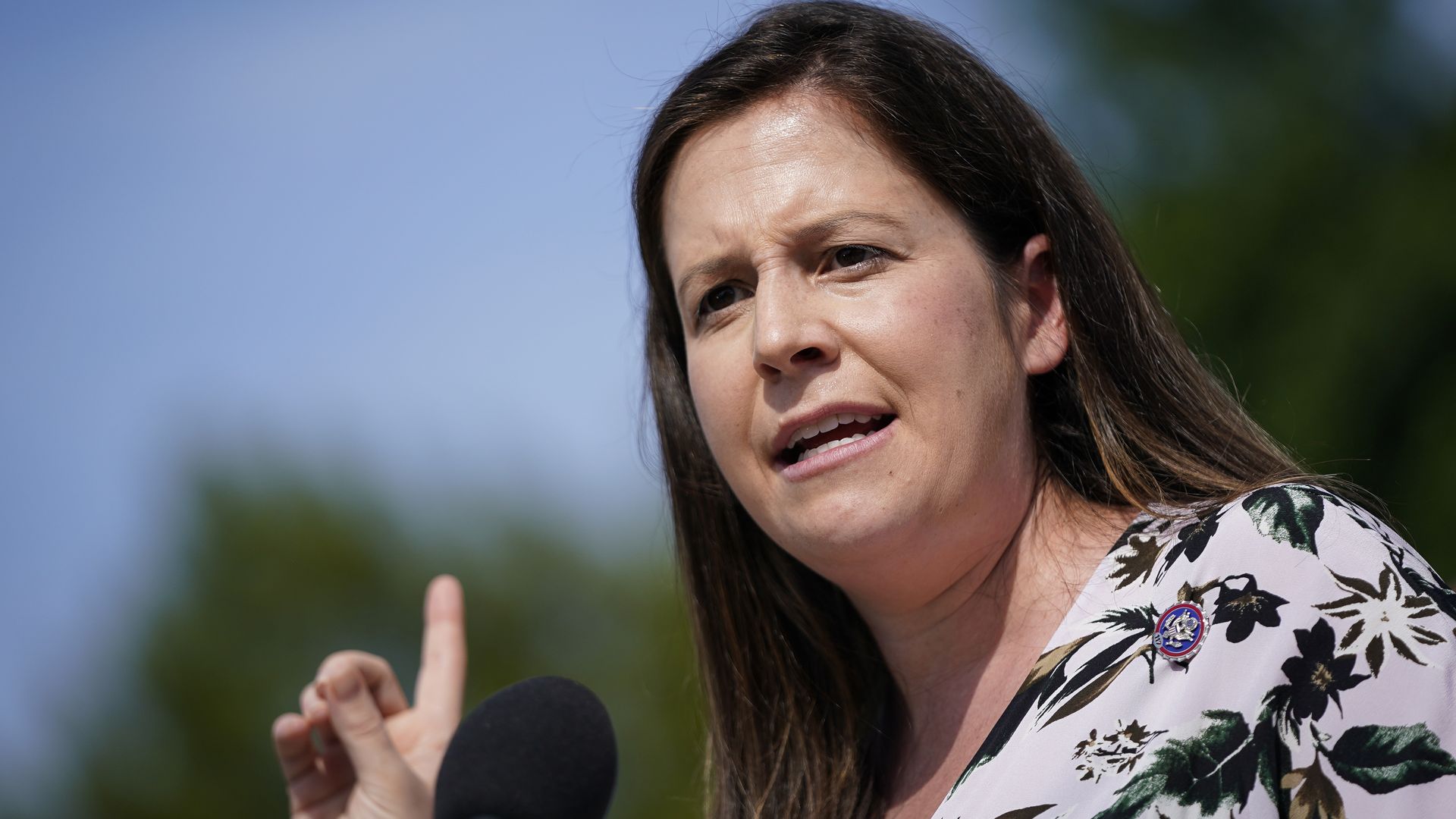 |
|
| Photo: Caroline Brehman/CQ-Roll Call, Inc via Getty Images |
| |
| Two House Republicans — including Rep. Elise Stefanik (R-N.Y.) — are introducing a bill today to sanction top Chinese health officials until they allow an investigation into whether the coronavirus originated in a Wuhan lab, according to a copy of the bill text obtained by Axios. Driving the news: Stefanik, newly elected as chairwoman of the House GOP conference, and Rep. Rob Wittman (R-Va.) will introduce the "World Deserves to Know Act" this afternoon, Axios' Alayna Treene and Caitlin Owens report. Go deeper. |
    |
| |
| |
| A message from Blue Cross Blue Shield Association |
| Making health coverage more affordable |
| |
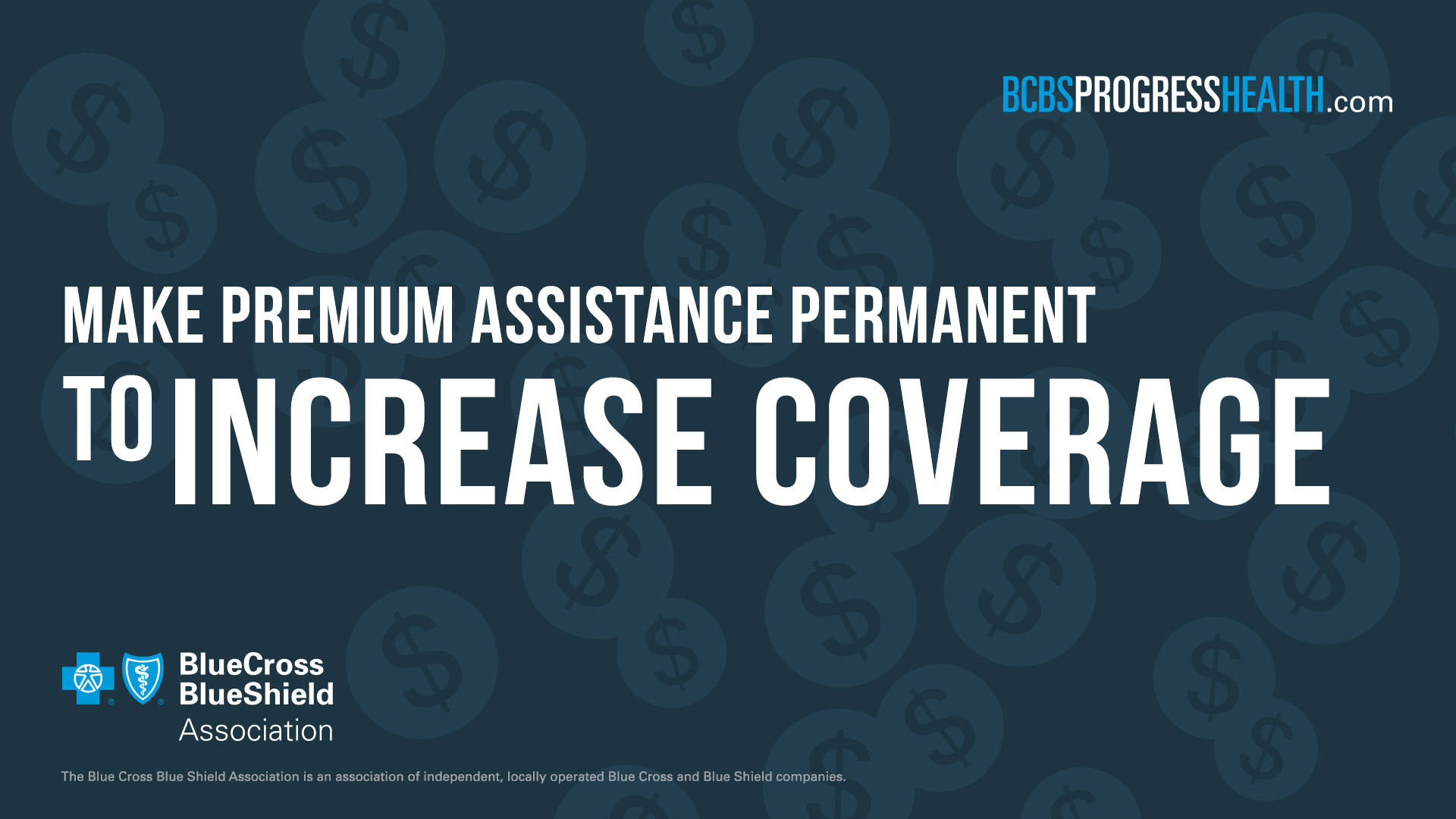 |
| |
| Enhanced premium assistance that makes health care coverage more affordable will end in 2022. See how Congress can help millions of middle class families by expanding access, reducing costs and making health care more equitable for everyone. |
| |
| |
| 4. Hospitals skirt price transparency |
 Most hospitals aren't fully complying with a new federal rule requiring them to make their prices available, per a new study in JAMA Internal Medicine, Caitlin writes. - The bottom line: "Compliance could be limited because the penalties for noncompliance are minimal (maximum $300 per day) and the costs of disclosure potentially great," the study's authors write.
|
    |
| |
| |
| 5. Vaccine proof for perks |
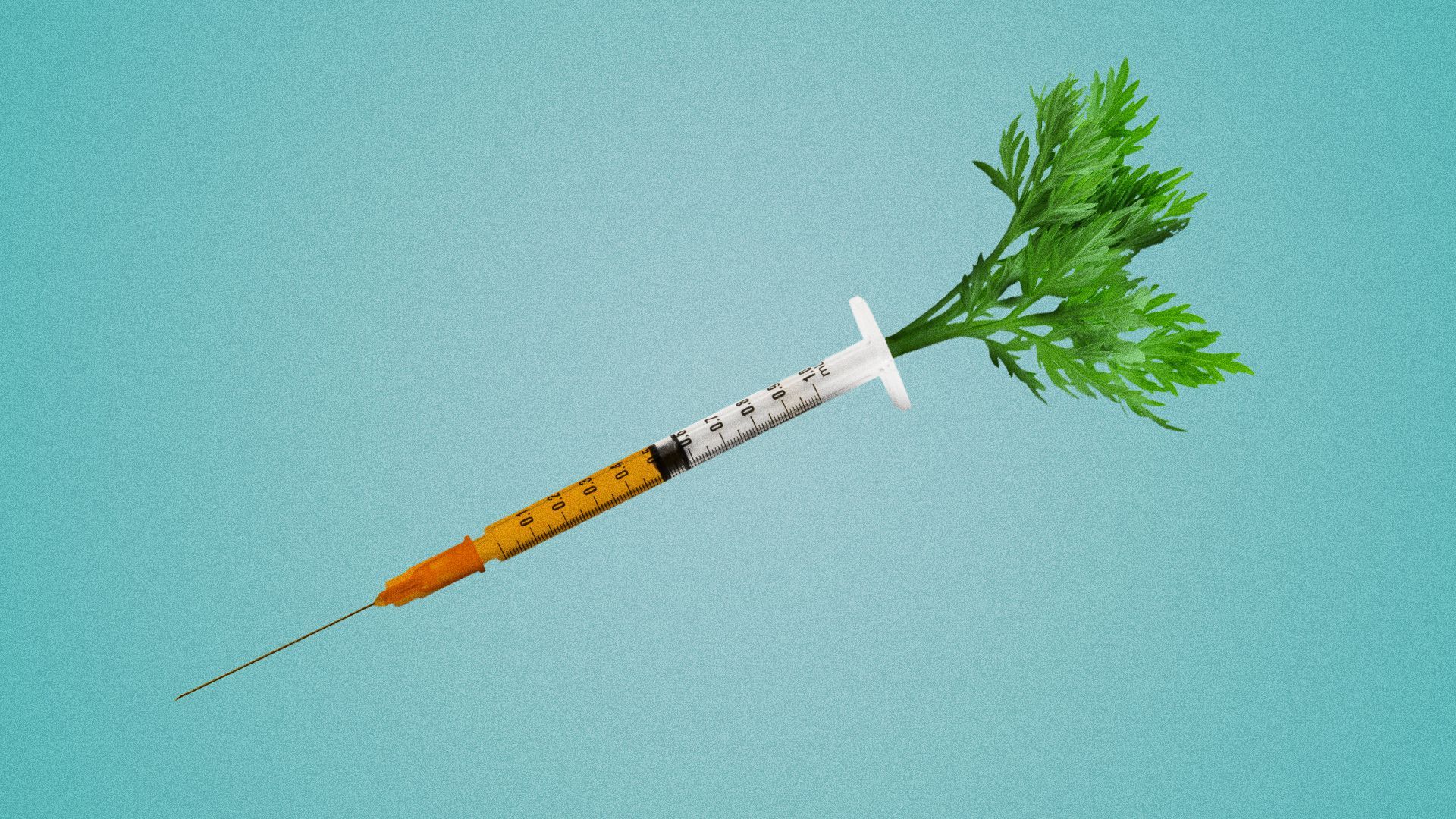 |
|
| Illustration: Aïda Amer/Axios |
| |
| The majority of U.S. employers don't plan to require COVID-19 shots for employees returning to the workplace. But they may require vaccines for those using certain amenities, according to a new survey. Why it matters: The survey from Willis Towers Watson is the latest snapshot into how employers are navigating the uncharted territories of a pandemic-era workplace return. Details: The survey of about 660 businesses that employ a total of 5.3 million workers was conducted between May 19 and May 28. - Most said they won't require vaccines before entering the workplace (72%). But, of those that will, most (56%) will require documented proof of vaccination.
- About one in five employers are considering requiring vaccinations among employees who want to use indoor gyms and cafeterias.
- More than eight in 10 said they were trying to encourage employees to get shots by offering scheduling flexibility and communicating to employees about the value of vaccines.
About 20% said they were considering providing financial incentives for those who get vaccinated. |
    |
| |
| |
| 6. For the record |
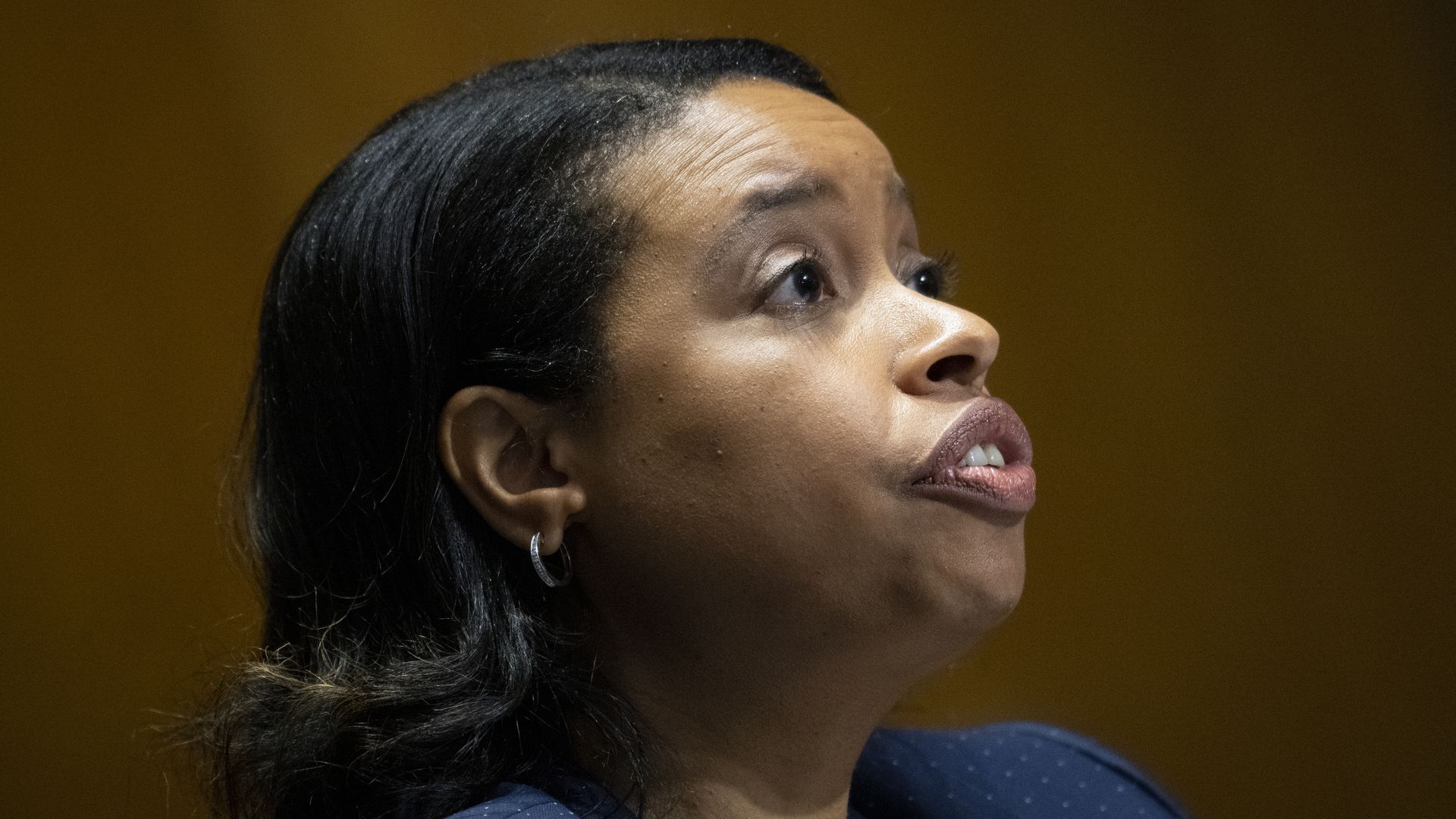 |
|
| Photo: Caroline Brehman/CQ-Roll Call, Inc via Getty Images |
| |
| Medicare "is looking at all the evidence" in deciding whether to undertake a national coverage determination for Alzheimer's drug Aduhelm, administrator Chiquita Brooks-LaSure said Monday. - "We are really focused on looking at all options to make sure prescription drugs are affordable for the American people. We're considering our options and we'll be looking very closely at the science moving forward," Brooks-LaSure said.
Context: There is no conclusive evidence Aduhelm works. With an annual price of $56,000, it's also not cheap. - A national coverage determination could limit Medicare coverage only to certain patients — which "would set a very important precedent by delinking the FDA's decision to approve a drug from CMS's decision to provide reimbursement for it," wrote Rachel Sachs, an associate professor of Law at Washington University in St. Louis, in Health Affairs.
|
    |
| |
| |
| 7. Pic du jour |
 |
|
| Photo: Pablo Blazquez Dominguez/Getty Images |
| |
| Just a day at the beach in Benidorm, Spain, on Monday. Spain recently reached 10 million fully vaccinated and officials are pushing for more to get immunized to encourage tourism. |
    |
| |
| |
| 8. Catch up quick |
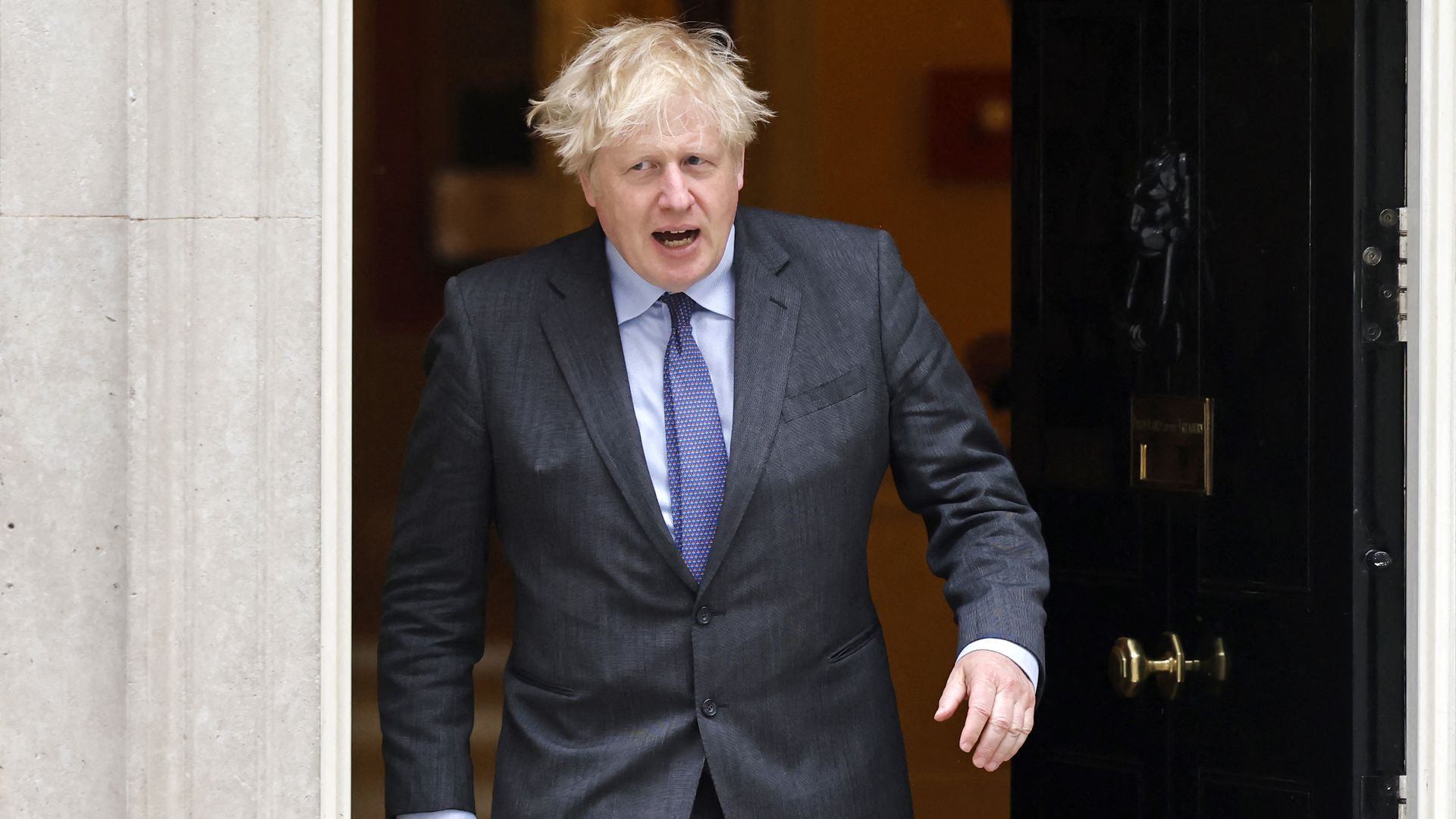 |
|
| U.K. Prime Minister Boris Johnson. Photo: Tolga Akmen / AFP via Getty Images |
| |
- Amid increased concerns of the spread of variants in England, British Prime Minister Boris Johnson said the planned relaxation of COVID-19 restrictions there will be delayed until July 19, the Associated Press reported.
- Philips recalled millions of CPAP and ventilator machines over potential health risks, the Wall Street Journal reported.
- Mississippi became the first state to jointly sue drug makers and PBMs over the cost of insulin, STAT reported.
|
    |
| |
| |
| A message from Blue Cross Blue Shield Association |
| Connecting the vulnerable with vaccines |
| |
 |
| |
| Blue Cross and Blue Shield companies nationwide are using data and local relationships to help vaccinate millions of at-risk Americans living in underserved and vulnerable communities where COVID-19 vaccininations are most inequitable. See how. |
| |
 | | The tool and templates you need for more engaging team updates. | | |













No comments:
Post a Comment